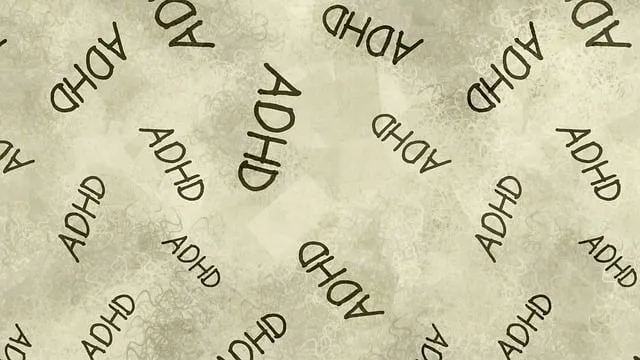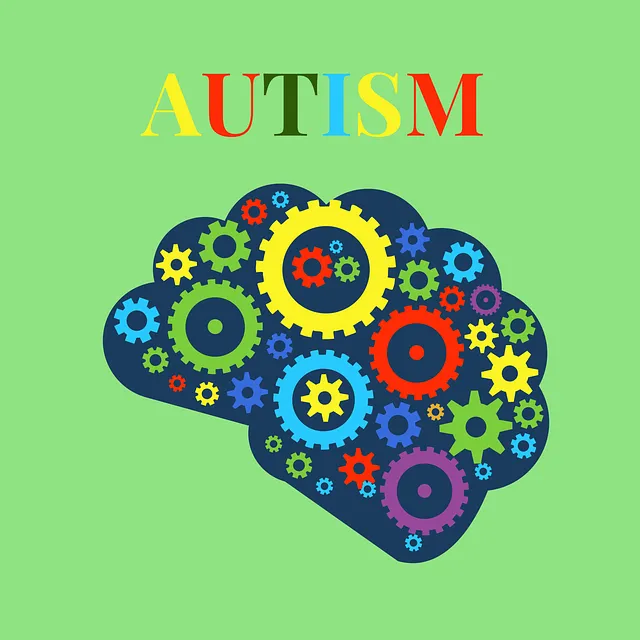Untangling the
Differences
Between ADHD,
CPTSD, and Autism
Oct 11, 2023 | By: Hope for the Journey
Research is growing about ADHD, Chronic PTSD (CPTSD), and Autism. Many people, including parents and loved ones, worry about the things they see in themselves or their loved ones and how they could be diagnosed with a mental or developmental condition. There are many factors that can contribute to these conditions, including genetics, environmental factors, and personal experiences. However, different conditions have different symptoms, and it can be confusing for parents to differentiate between them. In this blog post, we will explore the differences between ADHD, Complex Post Traumatic Stress Disorder (CPTSD), and Autism, and how they manifest in children.
ADHD Explained
Attention Deficit Hyperactivity Disorder (ADHD) is a common condition that affects about 11% of children in the United States, according to the Centers for Disease Control and Prevention (CDC). ADHD manifests in different ways, but its main characteristics are hyperactivity, impulsivity, and inattention. A person with ADHD may be fidgety, interrupt others, or have difficulties paying attention or finishing tasks. People often worry that they have ADHD if they struggle with focusing, forgetfulness, or disorganization.

Complex PTSD Explained
On the other hand, Complex Post Traumatic Stress Disorder (CPTSD) is a condition that arises from exposure to chronic, prolonged trauma, such as child abuse, neglect, or interpersonal violence. It is often accompanied by symptoms of anxiety, depression, and dissociation. A person with CPTSD may exhibit aggression, withdrawal, or difficulty trusting others. People often worry about their behavior if they are easily triggered, have nightmares, or seem nervous around certain people or situations.
Autism Explained
Autism, also known as Autism Spectrum Disorder (ASD), is a developmental condition that affects communication, social interaction, and behavior. Autism presents in different ways and can range from mild to severe. Children and adults with ASD may have difficulty making eye contact, engaging in conversations, or playing/interacting with others. They may also have repetitive behaviors, routines, or interests. Parents often worry about their child’s development if they notice delays in speech, social skills, or motor skills.

While ADHD, CPTSD, and Autism have distinct characteristics, they can also overlap or coexist in some people. For example, a person with ADHD may also have symptoms of anxiety or depression, while someone with CPTSD may have difficulty focusing or completing tasks. Furthermore, some people with Autism may also have ADHD or CPTSD symptoms. It is essential for parents, loved ones, and individuals to seek professional evaluation and diagnosis if they suspect someone has one or more of these conditions.
Conclusion:
Understanding the differences between ADHD, CPTSD, and Autism is crucial for people who want to support a healthy development and promote positive well-being. By recognizing the symptoms and seeking professional help, folks can get the right diagnosis and treatment. It is also important to remember that every person is unique, and there is no one-size-fits-all solution for managing these conditions. With compassion, patience, and resources, people can thrive and reach their full potential.
Are you needing help understanding these differences and working through your mental health journey?
Our team of caring therapists are ready to help. Our highly skilled clinicians will welcome you with warmth and understanding. To start therapy with Hope For the Journey, please follow these simple steps:
- Contact Hope for the Journey
- Meet with acaring therapist
- Begin to Feel, Heal & Thrive!
Other Services Offered At Hope For The Journey
Our team is happy to offer a number of services from our Round Rock and Austin therapy offices. Mental health services include therapy for anxiety and depression, domestic violence, sexual assault, PTSD, and EMDR. Our team also provides support for family members of all ages with counseling for teens and young adults, children and tweens, couples, men, and parents/partners. Contact us today to learn more about our team and community involvement!
